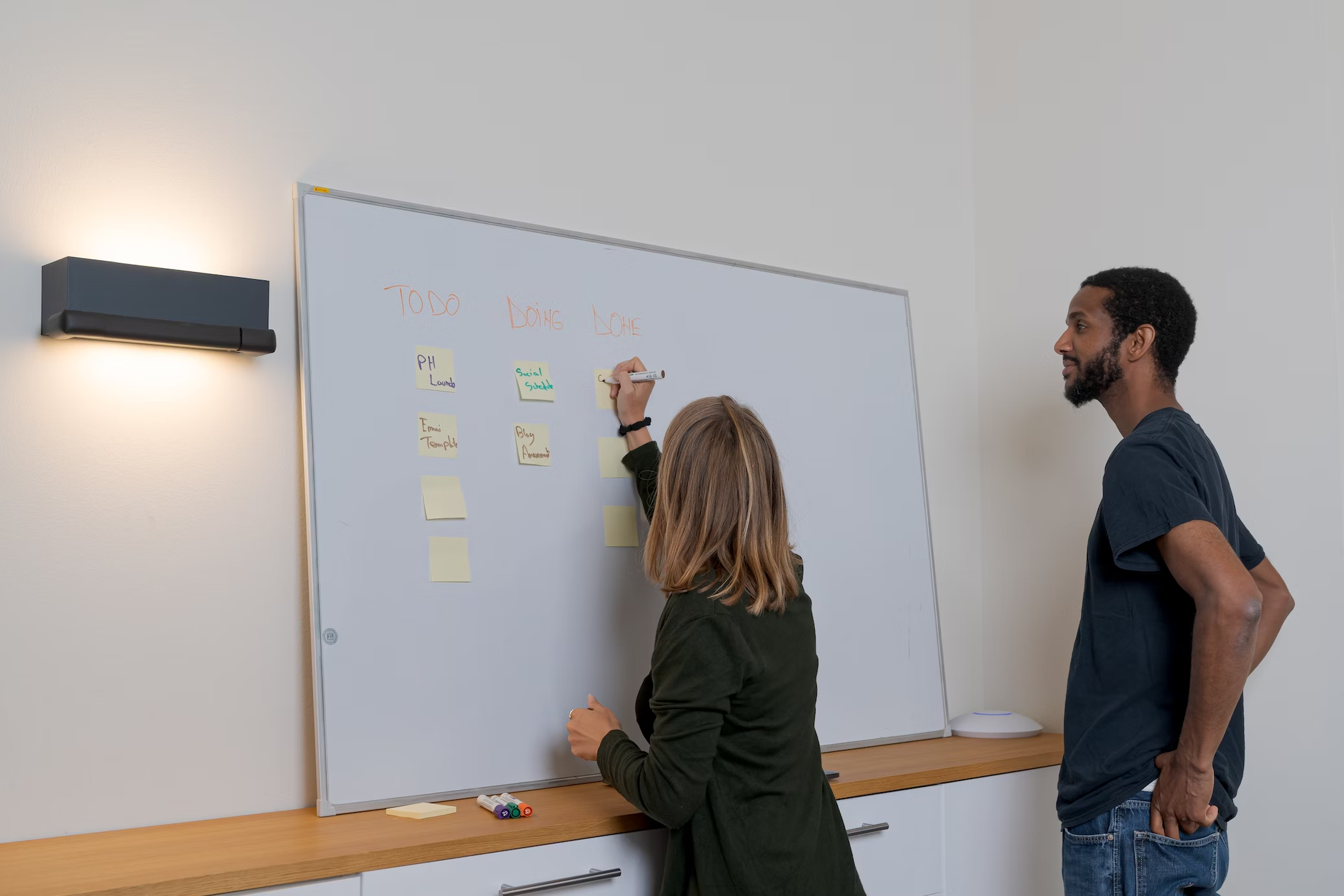
Description
The ongoing rapid environmental, technological, and societal changes have emphasized the need for more meaningful engagement with the next generation of stakeholders. This younger generation, being digital natives and showing increased awareness about global challenges, interacts and engages differently than previous generations. Traditional stakeholder engagement methods might not be as effective or relevant when addressing their unique perspectives and needs.
Impact During the Project
Enhanced Engagement Strategies:
Traditional State: Stakeholder engagement predominantly used conventional methods such as forums, workshops, and reports, which might not resonate as effectively with younger audiences.
Advancement: The recommendations provide tailored strategies to engage the next generation, utilizing platforms and mediums they’re familiar with, ensuring their active participation and feedback.
Inclusive Policy and Project Formulation:
Traditional State: Without adequate representation and input from the next generation, policies and projects might not address their specific concerns and aspirations.
Advancement: By implementing the recommended engagement strategies, policymakers and project leaders can tap into the insights and aspirations of the younger generation, ensuring that their initiatives are more inclusive and forward-thinking.
Impact Post Project
Sustained Interest and Participation:
Traditional State: Without targeted engagement strategies, there’s a risk of the younger generation feeling disconnected from major initiatives, leading to apathy or mistrust.
Advancement: By actively engaging the next generation and addressing their unique perspectives, there’s a higher likelihood of sustained interest and active participation in initiatives, ensuring continuity and long-term success.
Future-proof Initiatives:
Traditional State: Projects and policies, if formulated without considering the next generation’s input, might become outdated or less relevant as societal and technological trends evolve.
Advancement: With the insights and feedback from the younger generation, initiatives can be more adaptive and future-proof, ensuring their relevance and efficacy in the years to come.
Advancement over and above State of the Art
Crafting recommendations for engaging the next generation of stakeholders represents a significant leap from traditional stakeholder engagement methods. Recognizing the unique attributes, aspirations, and concerns of the younger generation, and tailoring engagement strategies, accordingly, ensures that their voices are heard, and their insights are integrated into initiatives. This not only guarantees the inclusivity and relevance of projects and policies but also ensures their long-term success and adaptability. The true measure of this advancement will be seen in the active participation of the next generation in initiatives, the continued relevance of projects, and the adaptability of policies to evolving challenges and opportunities.
Links and References
Link to D8.11 – Recommendations on engaging with the next generation of stakeholders: Due upon project completion
